How Do Rats & Mice Survive Winter?
Rats & Mice in Sydney
Need Rodent Pest Control ?

When temperatures get low and food gets scarce, rats must find a way to keep up the same lifestyle they enjoy in the Spring and Summer.
Unlike other pests that hibernate during the winter months. As the weather cools and the normal food source for the rats & mice become limited, they enter your home, looking for warmth and food.
Pest Control Today have noticed a change in the behaviour and breeding of rats and mice where they are becoming more of an issue all year round. This has mainly pinned to the increase in construction in and around Sydney.
Each year, when winter arrives, we know the calls about rat infestations will increase.
So…. How do they do it?
Storing Food Resources
Rats are not able to fatten themselves up, like other mammals, but they so prepare themselves for winter in other ways.
In Autumn or even late summer, rats and mice become more aggressive in their pursuit of food. Instead of eating opportunistically, they start seeking out extra food in which we believe they may store any extra food they find.
Rats will eat anything, including garbage, so they have a great range. Rats will drag their food findings back to an area they can access easily and leave it there for later.
A favoured food item for a rat may include :
- Bird seed
- Pet food
- Paper
- Nuts
- Compost waste
- Fabrics
Mice like to collect fallen bird seed, so if you have a bird feeder, it’s a good idea not to keep it near the house.
Mice & Rat Burrows
Mice & rats need to stay warm, but luckily for them, they are excellent diggers.
They will seek out a structure like a rock, wall, or fence, and dig a burrow beneath or against it.
We recommend looking for small holes against Air Conditioning boxes and electrical units near your home & along fences.
Rodent burrows are usually shallow and small, with one entrance and exit. They also don’t spend all their time in their burrows, they prefer to venture out to seek food or to upgrade their shelter.
Rats and mice would prefer to use your house for shelter rather than burrowing. If they can find a way into your home, they will use it every time.
Be on the lookout for ways rats could enter your house, such as by eating through insulation or by running along utility lines.
Rat & Mice Nests
Nesting for rats and mice combines both their food storage and their ability to burrow. Rat nests are very similar to bird nests, but dirtier, disorganised, and on the ground. Rats will drag whatever they can find to a secluded place and bunch it all together.
The location of the nest is more important for rats than the material. They will seek out warm, dark places where they won’t be disturbed by humans or other predators.
Their ideal location would also include areas that are most where they can gain easy access to water.
The secret to prevent rats from nesting in or around your home is to deprive them of stuff they like.
Did you know…
Mice can sneak into cars to stay warm during the winter?
Or that…
Mice can leap up to four feet vertically?
Entrance Points
The best way to ensure you keep mice and rats out of your home is to look for any possible entries, no matter how small & seal up these entrance points. Ensure you maintain good cleaning habits, storage and organisation of stored goods.
Mice & rats will do almost anything to get out of the cold, which means you should be vigilant in keeping them out.
Further Reading

![]() If you end up with a rat or mice infestation in your home this winter–don’t panic!
If you end up with a rat or mice infestation in your home this winter–don’t panic!
Click to call the professionals at Pest Control Today on 0416 070 587 or contact with us via the contact form available at our website.


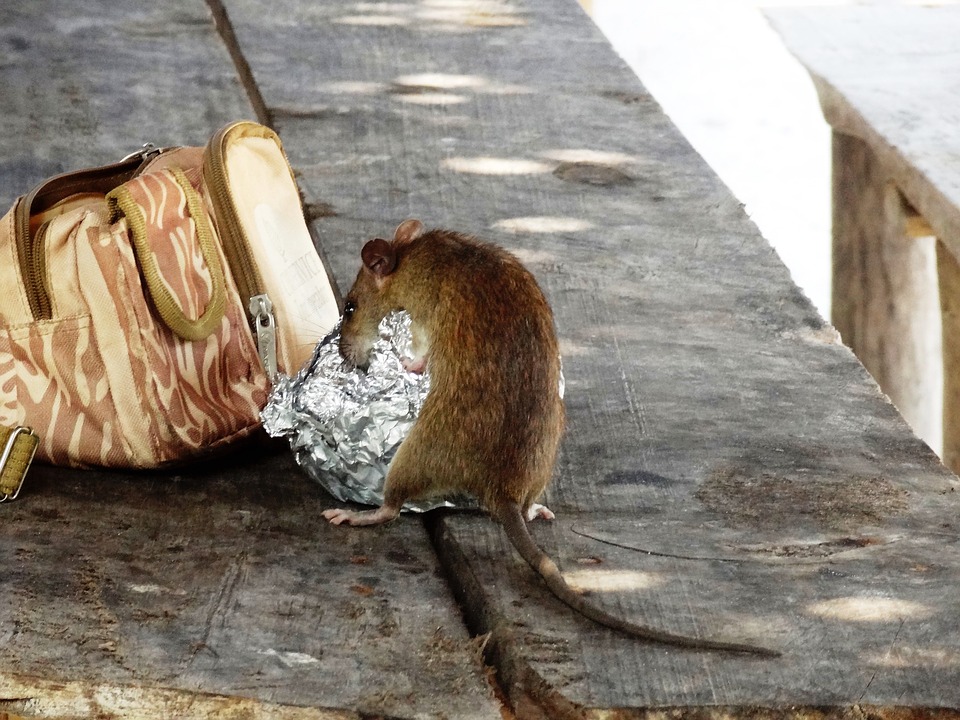
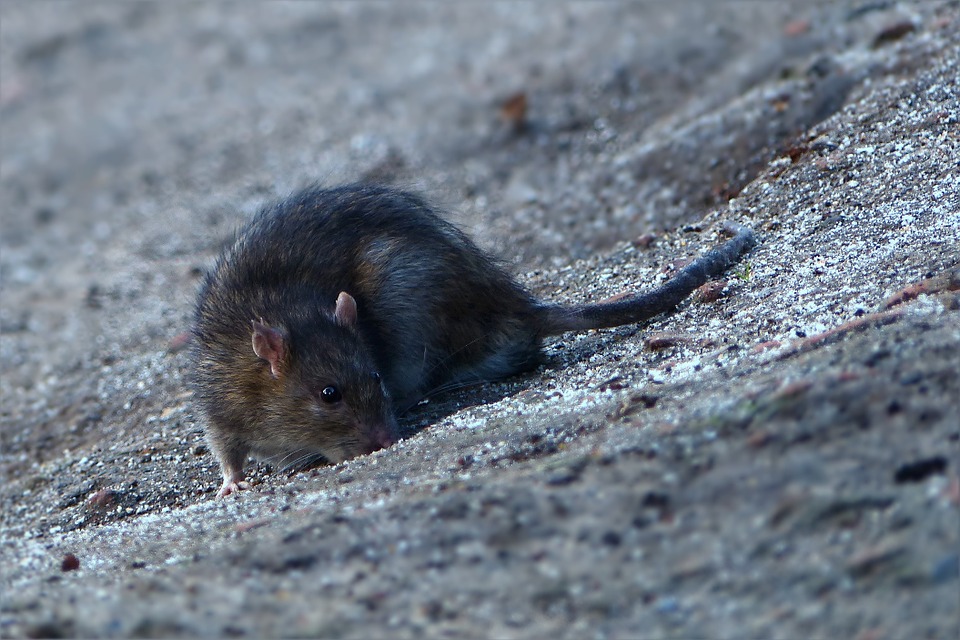
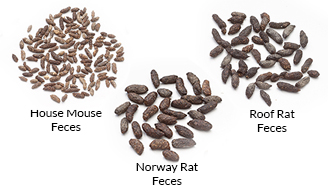
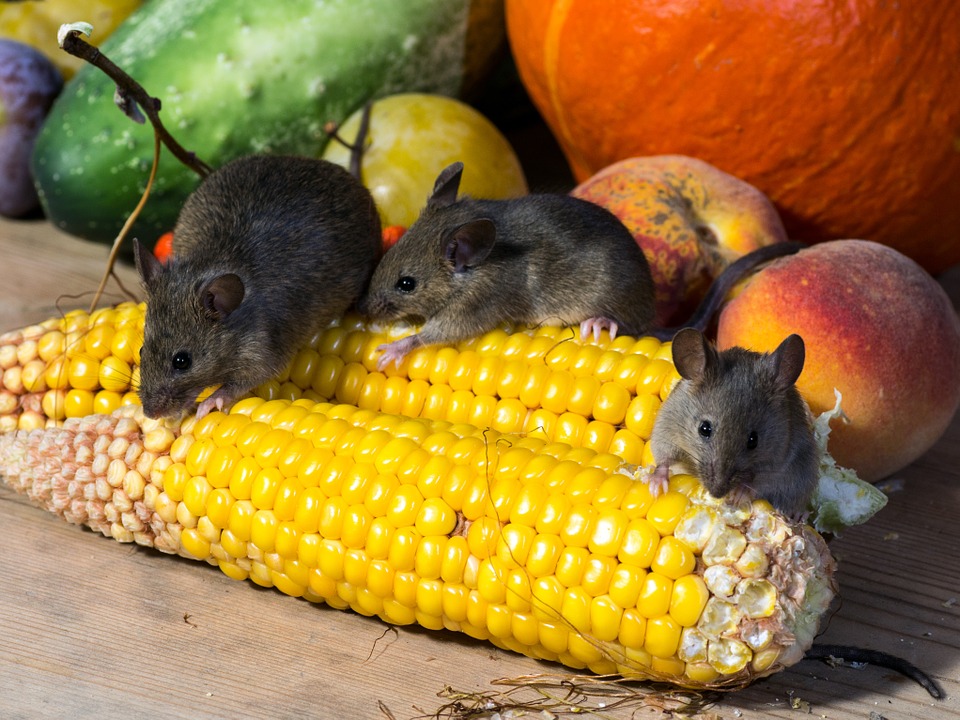
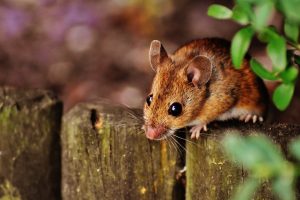 Rat Pest Control Sydney | Mice Pest Control Sydney |
Rat Pest Control Sydney | Mice Pest Control Sydney |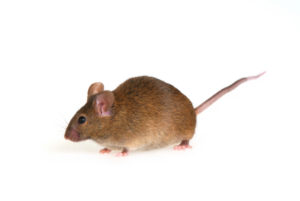
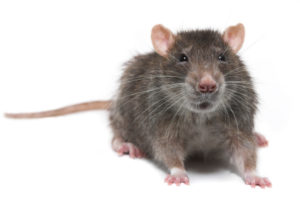
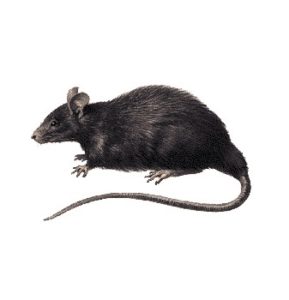
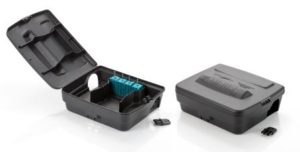 Lockable bait stations are an effective tool for controlling rats and mice. They are boxes which are used in areas that are accessible to pets or children. Lockable boxes will be suggested for any external baiting in which dogs, cats, wildlife or children can access the areas needed to be baited.
Lockable bait stations are an effective tool for controlling rats and mice. They are boxes which are used in areas that are accessible to pets or children. Lockable boxes will be suggested for any external baiting in which dogs, cats, wildlife or children can access the areas needed to be baited.